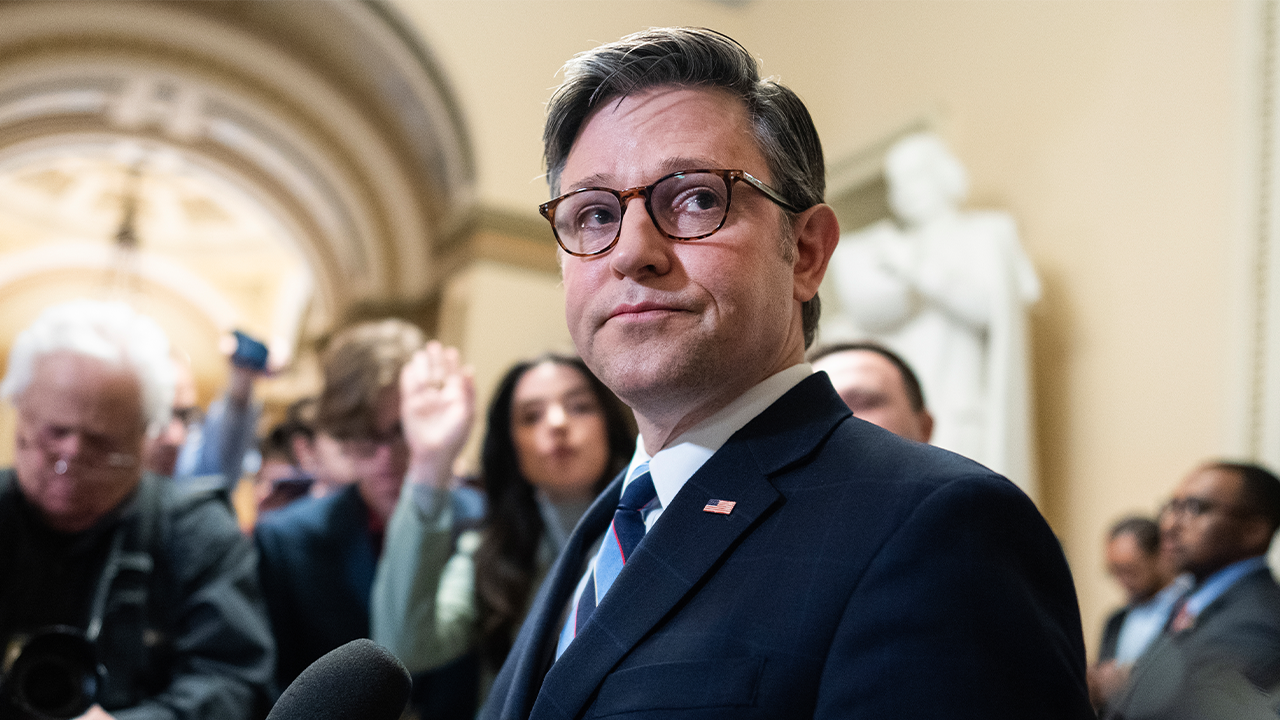Roy Itcovichi was asleep when the terror began, barely an hour away. Elliot Steinmetz was with his daughter in Jerusalem, where sirens screamed and rocket blasts reverberated.
Zevi Samet was on the phone, his family inside a bomb shelter.
Tom Beza’s sister was readying for war, serving in the Israel Defense Forces. Adi Markovich’s friend was at the Nova music festival, included among the 1,200-plus killed during Hamas’ attack on Oct. 7, 2023.
Two days later, the Yeshiva basketball team held its first practice of the season.
“There were conversations, like ‘Why are we doing this?’ ” recalled Steinmetz, the 11th-year head coach. “There was very little interest in basketball. We were playing because we had to play. … We had six [players] from Israel. We had three guys who served [in IDF] who called up their units, who were willing to go back.
“The first meeting we had after Oct. 7, we said the only way this season makes sense is if we find a way to make it bigger than basketball.”
Celebrated in recent years for its unlikely rise — culminating in 2022 with a 50-game winning streak and the No. 1 ranking in Division III — the feel-good story of the NCAA’s only all-Jewish team took a painful and inspiring turn during the 2023-24 season, captured in the documentary, “Rebound: A Year of Triumph and Tragedy at Yeshiva University Basketball,” which premieres Wednesday on Fox Nation.
“It was very hard mentally, but it was also our safe space,” said Itcovichi, a junior guard. “We didn’t have to think of anything else. It could feel selfish, but it also made you really thankful and grateful for everything we had.”
In the midst of their most trying season — following the deadliest attack on the Jewish people since the Holocaust — the Maccabees took an emotionally draining week-long trip to Israel — visiting with family, friends and soldiers in hospitals.
They saw the remnants of the festival massacre. They toured Kibbutz Be’eri, the village where more than 100 were killed and dozens were taken hostage.
Ofir Engel — a friend of Beza, the Yeshiva guard — joined the team on the tour, walking past the rubble of the deserted community, recounting how he was abducted from the home of his girlfriend’s family.
“We were looking at bullet casings and grenade rings, you couldn’t imagine the amount of them outside residential homes,” Steinmetz said. “It was very unnerving [in Israel]. You walk down the street at night, you’re a little bit nervous. We were constantly going back and forth into the stairwell which serves as the shelter of the apartment building, to the roof to watch the missile trails and the Iron Dome. You’re hearing sirens and there are explosions overhead, and you feel like you only see this in movies.”
Steinmetz had no interest in his team playing basketball on the trip.
Eventually, he was persuaded to participate in an exhibition game against an Israeli pro team, playing to an enthusiastic crowd that helped give greater meaning to the Macs’ season.
“The players talked about feeling guilty: ‘Should I come back to my country? Should I serve in the IDF? Should we be playing basketball during wartime?’ ” said the film’s director, Pat Dimon. “Everyone was saying, ‘No. Some of the highlights of our day is streaming your games in the States. Your role is to be a beacon of light in a dark time.’ ”
The Macs returned to Manhattan and resumed games at the Max Stern Athletic Center, where the Israeli flag hangs and its national anthem soars.
It is where players went through warm-ups wearing T-shirts with the faces of hostages still in captivity.
It is where they placed their phones on the sideline during 6 a.m. practices, checking to see whether the world changed between dribbles.
“There are certain events where there is a before and an after and nothing is ever the same,” Steinmetz said. “Oct. 7 is like that. The world goes on, but it’s a different world. … I’ll never look at a season the same again. It’ll never be just basketball. It’s gonna be about something bigger than the sport.”














